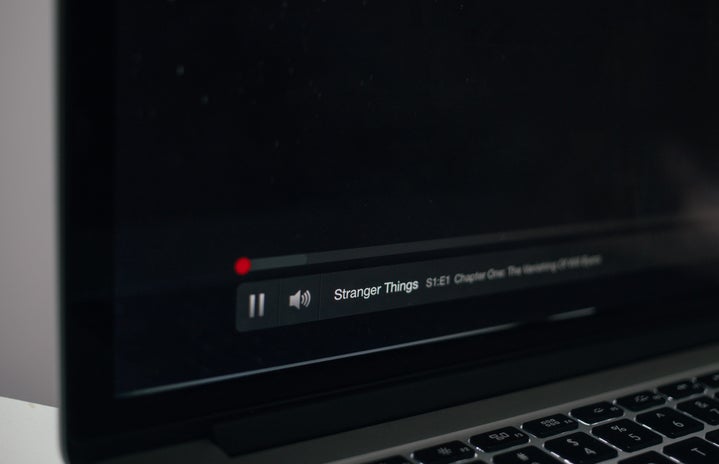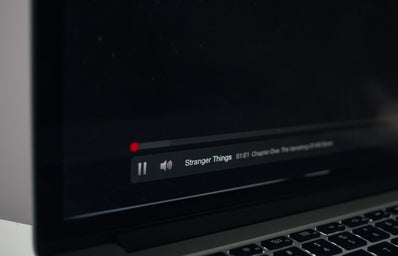Coming on the tail end of Netflix’s summer premieres is Director Haifaa al-Mansour’s Nappily Ever After starring Sanaa Lathan and Lynn Whitfield. The film, based on the novel of the same name by Trisha R. Thomas is meant to be a satire on the wonderfully frustrating, gravity-defying enigma that is a black woman’s hair. It centers on Violet Jones (Lathan), A successful black woman working in the corporate world who (you guessed it) just can’t find the right guy. She goes down a path of self-discovery after Clint, her boyfriend of 2 years refuses to propose to her and drunkenly decides to shave all her hair off because she just can’t take it anymore.
While the movie is based in comedy, it touches on some very important and damaging issues that black women face when it comes to their hair and how it affects their dating lives, work relationships, and self-perception. However, this film only taps the surface of the bigger issue that it’s trying to address and it does a poor job of getting that message across.
Every black woman has a hair story that will stick with them forever. A bad dye job, a bad weave or a wash n go gone wrong. In Violet’s case, she had a bad run-in with a relaxer which forced her down a hair journey. Violet tries masks her damaged hair and broken heart with a weave and a blonde bob but eventually breaks down and goes for the big chop.
Is anyone else tired of the same old worn out unlovable black woman character trope? When will Hollywood get the memo that we’re not all one-dimensional beings whose problems can be solved with the love of a good man? Violet Jones is just one version a thousand characters just like her-desperate for validation and angry for no real reason.
The film’s theme of rejecting European beauty standards and taking what’s rightfully yours is empowering and profound but I wish it wasn’t seeded in finding the right man and throwing away the hot comb. The leading men in the film offer no substance to the main character anyway; they only serve as mirrors of Violet’s imperfections. Clint criticizes Violet’s prim and pressed nature wanting her to let loose and Will condescends her for being anything but natural. (Can someone explain what’s wrong with eating a garden salad?)
Certain scenes came off very anti-weave and anti-relaxer. It pushes the damaging misconception that black women who wear wigs or perm their hair have low self-esteem and hate their hair. Nappily Ever After has its bumps and hurdles, but it gets the conversation started which is never a bad thing.



